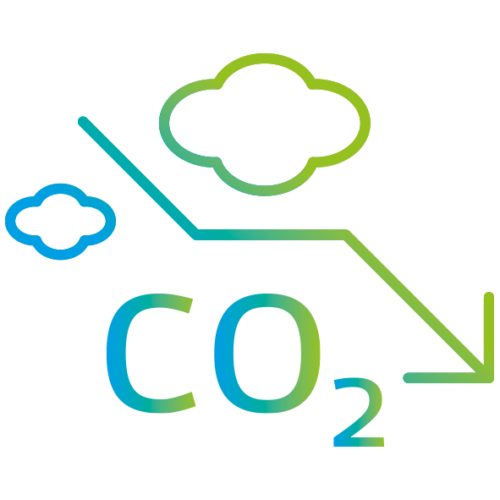
Manure treatment
From pig manure, we produce new raw materials for agriculture and industrial applications, for example in our own facilities, as well as biogas for households.
Within the biobased economy, our aim is to produce raw materials from biomass. At present, a lot of raw materials are still produced from oil and are therefore derived from fossils.

Biomass is plant or animal matter that can be converted into a raw material by means of a processing step. Crops and waste streams from agriculture and the food industry can also be used in this way for non-food uses. Here, you can then consider the production of materials, chemicals and transport fuels. That is a biobased economy. A cycle based on biomass. We are no longer relying on the extraction of fossil raw materials such as oil and gas, but we are looking at how we can use biomass as a raw material for new products.

Biomass is the collective name for crops that grow on agricultural land or in the sea, and other organic matter that is released during the cultivation of land, during a production process or after the use of a product. Examples are manure, waste wood, biodegradable waste and sewage sludge. The organic materials from waste are particularly interesting for Twence to convert into regenerated raw materials and energy. We are able to convert these waste streams into fuel and biogas, for example. We can also turn wood into oil. We do that at our pyrolysis plant Empyro, among other places.
At Twence we are constantly looking at how we can put waste streams from society back into the cycle in the best possible way. Our manure valorisation plant is an excellent example of that. The Netherlands has a manure surplus that must be resolved if the livestock sector is to become future-proof. We extract new raw materials from pig manure, such as potassium and phosphate fertilisers, which are then used in agriculture as soil enrichers or artificial fertiliser substitutes. In addition, the fermentation of the manure produces biogas, which we use to supply an additional 3,000 households with green gas as well. Another example is the extraction of fatty acids from VFG waste, which can serve as a raw material for bioplastics and as protein for the food industry. At Empyro, we also make pyrolysis oil from waste wood, such as sawdust, which replaces natural gas in steam boilers. Take a look below to see which innovations we are currently working on.



Do you have any questions about biobased economy? Or would you like more information? We'd love to
hear what's on your mind. Fill in the form and we will get in touch with you.
